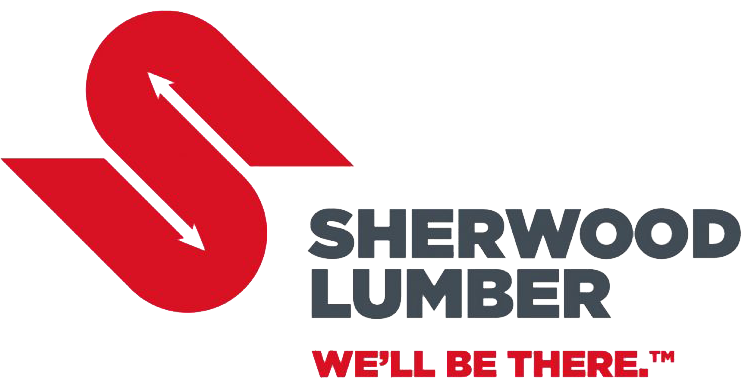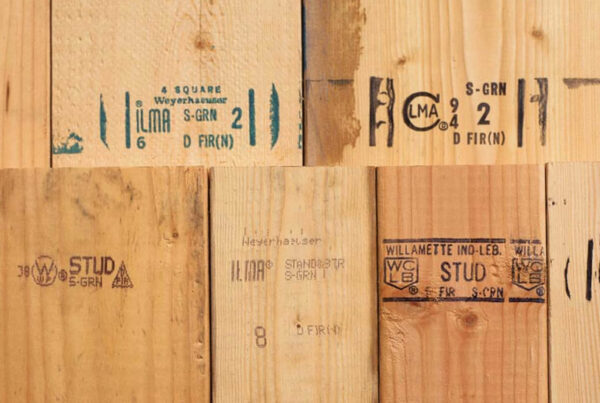Similar to most types of sales prospecting, a salesperson has limited time with a prospect. Whether it be in person or on the phone, sales people must make the most of their first 5-10 minutes on their first contact with the prospect. Information is power and since the lumber industry is such a highly intensive transaction business where almost everything (i.e vendor preference, price, availability, credit) can change on the drop of dime, the most important aspect of the first prospect call is asking the right questions and listening. By asking and gaining information, it makes sales people extremely powerful for future interactions.
One major difference in the Lumber industry compared to most industries is that it is a very small industry where everyone knows each other or knows of each other. With it being so small, most potential prospects are usually willing to at least listen and entertain new vendors (why wouldn’ they?). This means that any day at any time a lumber salesperson is on the verge of new business!
After discussions with top prospectors, below is a list of the top 6 questions that help learn the most amount of info in the least amount of time. The questions are not organized in any particular order. These questions if asked religiously will set you apart and grow your prospect to customer % before you know it.
1. What 3 items can you not live without?
This is a great way to determine the most important items to be quoting and discussing in future interactions. Whether or not the prospect buy lots of volume, the items they share are important for some reason so for future reference knowing this will help you provide better quotes and a better understanding of their overall business. It may be a good idea to ask why those items are important, you may uncover unique opportunities.
2. What items are you currently struggling with getting?
Many sales professionals encourage salespeople to pull out the pain points from a prospect. Once the pain points are identified, the sales person is in a position to help seek solutions or present options to those pain points. Understanding which items are the pain of a prospect could create significant opportunity for you. By asking this question, you have also created a great reason to follow-up for an item to quote either on the phone or in the coming days or weeks.
3. What criteria do you base your buying decisions on?
Knowing what buttons push a buyer to place an order is extremely important. Do they prefer regular lists? Do they need to discuss via phone before placing an order? Are they willing to wait for shipment? Do they need Just in Time? Do they prefer high quality?
By asking this question you can clarify those buttons and get a better feel for how they operate and how you will need to interact to be effective.
4. If you were your competitor, what would you do?
This will give you an understanding of 2 things.
First, how the buyer perceives their competitors purchase lumber. Many buyers have a fear of missing out and if they could buy better or similar to their competitors they feel more at ease. Using this information will be crucial in securing future sales.
Second, the buyers will tell you indirectly what they believe either they personally or their company is doing wrong when it comes to buying. This information will put you in a position to show them that they can reverse those perceived errors or mistakes.
5. Have I asked you everything that’s important to know?
This is the open ended question that gives the buyer the opportunity to open up and share more information that may have been missed in the conversation. In most cases a salesperson will learn the most from this question. As a general matter, human beings want to share information and if the conversation has gone decent this will be the time where you learn information you would have never thought about asking.
This is also the question that will aid you in knowing if you had a successful call or not. If the buyer doesn’t offer up and share anything new, it means you didn’t quite breakthrough (don’t give up, you will have plenty of more shots!). However, if the buyer is willing to share you know that you are making great progress.
6. What’s the best way to communicate with you moving forward?
We all know that everyone prefers receiving information differently. Whether it be text, e-mail. phone, social media, fax or all of the above finding out the best way to contact someone goes very far and shows that you care.










